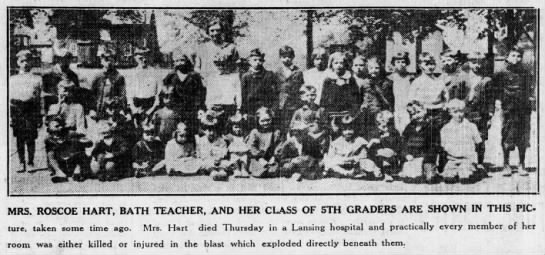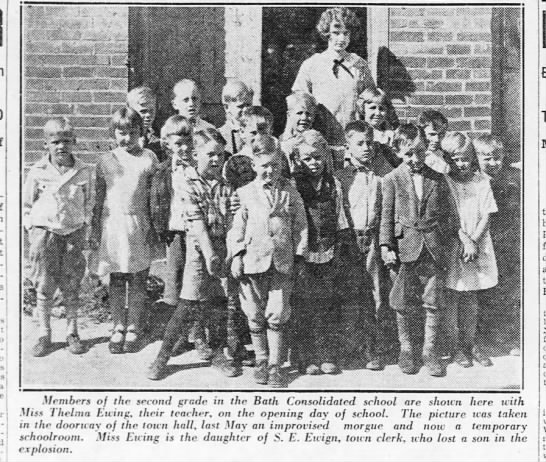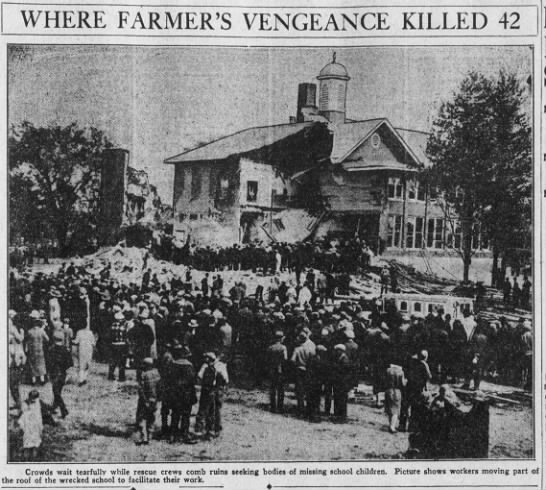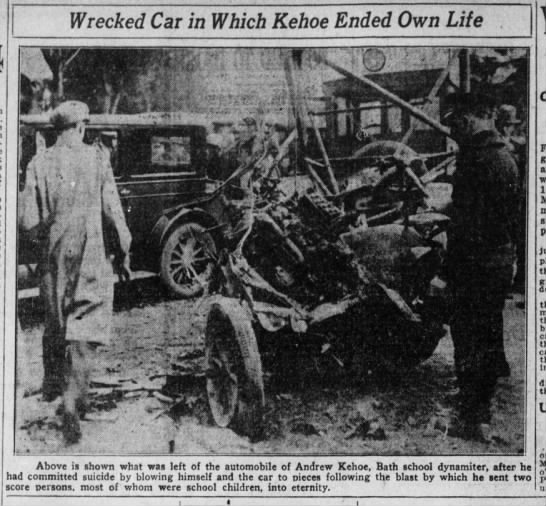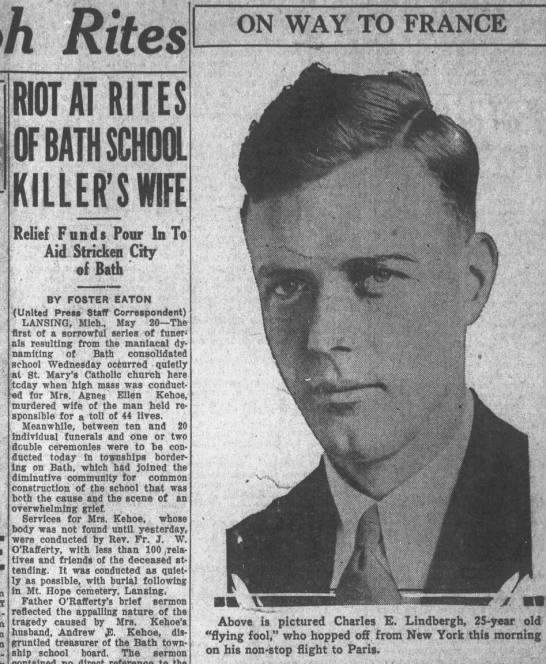"We deserve our secrets."~from The Arsonists' City by Hala Alyan
Secrets. Everyone has them. We keep secrets out of shame, out of fear, to protect loved ones, to protect ourselves.
Keeping a secret can destroy. Guilt that alienates from others and eats at your soul. Suspicion that wracks relationships.
Some families balance on the edge of a well-hidden secret, and when it is outed, life tumbles like dominoes.
Hala Alyan's family saga The Arsonists' City is a big book, with a big family, following forty years of their lives. I made a family tree to keep track of them! Their journey crosses the ocean, from Beirut and Damascus to America. It is a journey not only across time and space, it delves into the depths of love and grief.
I became obsessed with the novel. Foreshadowing brought me to guess some secrets and conflicts to come. I didn't know if the story was coming to a car wreck or redemption, resolution and growth or despair and endings.
At the heart of the story is Mazna, the beautiful Syrian who aspires to be an actress. When Idris sees her on stage, he is smitten and pursues her, taking her on day trips to his hometown of Beirut. When Mazna meets his dearest friend Zakaria, a poor boy from the Palestinian camps, she is drawn to him.
Forty years later, after his father's death, Idris is determined to sell his ancestral Beirut home, setting off a firestorm in the family. The family gathers one last time, Idris and Mazna, their three children, and a daughter-in-law.
Idris, not handsome enough, not sure enough, had pursued the beautiful Mazna, a poor Damascan girl with powerful stage presence in the local theater. She dreams of going to London and then American to become the next Ava Gardner or Vivian Leigh. She poses as a friend to his sister Sara. Their marriage was rushed; he caught her "when she was broken." Idris gained a residency in America. They begin in poverty until he established a career as a cardiologist surgeon.
The eldest child, Ava, lives in New York City, married to the American Nate. She comes with their three children, Nate claiming a work trip keeps him from joining her.
Next is Mimi, living in Texas with his American fiance Harper. Although he runs a successful restaurant, he is frustrated over his tottering music career and aging out of being 'cool'.
And there is Naj, the youngest, who stayed in Beirut. She is a wildly successful violinist, a media sensation, but self-destructive, angry and heartbroken.
Gathering mementos for the patriarchs memorial service, the children discover hints to their parent's secret past.
The Beirut home takes its place as an important 'character', more than a backdrop to the scenes that play out there. It is a link, a reminder, a legacy. When one of the cherished almond trees is nearly cut down, it is a symbol of the family's frailty. But the other trees still remain, the house still stands.
The family drama is universal in its appeal and message. It is the setting and background that allows American readers like me to see through another lens. "We all come from tribes," Zakaria tells Mazna early on. "People don't need much of a reason to hate each other."
And that tribal hate manifests itself in the act that sends Idris and Mazna spiraling into a future neither expected.
Checkpoints, sectarian violence, the continual war, colors the scenes in Lebanon.
"The war continued to chug along like a faithful engine, destroying the city. It's like background nose, Sara said once." ~From The Arsonists' City by Hala Alyan
Once in America, the family discovers they are 'brown', other, victims of mockery and hate. "Neighborhoods are arranged by skin. Jobs, schools." Mazna learns. The beautiful Mazna can not find acting roles, passed by because of her accent, her otherness. She blames Idris for ruining all her chances.
But it is a small mercy, how time distills what we know, how it fictionalizes it.~ from The Arsonists' City by Hala Alyan
The characters struggle with their pasts, their relationships, their guilt and their desires. But over the summer in the ancestral home, they find truth and new understanding, family ties are ultimately strengthened.
I received an ARC from the publisher through Amazon Vine. My review is fair and unbiased.
by Hala Alyan
HMH
Publication Date: March 3, 2021
ISBN-13/EAN: 9780358125099
ISBN-10: 035812509X
Price: $14.99 ebook, $26.99 hardcover
“The Arsonists’ City delivers all the pleasures of a good old-fashioned saga, but in Alyan’s hands, one family’s tale becomes the story of a nation—Lebanon and Syria, yes, but also the United States. It’s the kind of book we are lucky to have.”—Rumaan Alam
A rich family story, a personal look at the legacy of war in the Middle East, and an indelible rendering of how we hold on to the people and places we call home
The Nasr family is spread across the globe—Beirut, Brooklyn, Austin, the California desert. A Syrian mother, a Lebanese father, and three American children: all have lived a life of migration. Still, they’ve always had their ancestral home in Beirut—a constant touchstone—and the complicated, messy family love that binds them. But following his father's recent death, Idris, the family's new patriarch, has decided to sell.
The decision brings the family to Beirut, where everyone unites against Idris in a fight to save the house. They all have secrets—lost loves, bitter jealousies, abandoned passions, deep-set shame—that distance has helped smother. But in a city smoldering with the legacy of war, an ongoing flow of refugees, religious tension, and political protest, those secrets ignite, imperiling the fragile ties that hold this family together.
In a novel teeming with wisdom, warmth, and characters born of remarkable human insight, award-winning author Hala Alyan shows us again that “fiction is often the best filter for the real world around us” (NPR).
About the author
HALA ALYAN is the author of the novel Salt Houses, winner of the Dayton Literary Peace Prize and the Arab American Book Award and a finalist for the Chautauqua Prize, as well as the forthcoming novel The Arsonists' City and four award-winning collections of poetry, most recently The Twenty-Ninth Year. Her work has been published by TheNew Yorker, the Academy of American Poets, LitHub,the New York Times Book Review, and Guernica. She lives in Brooklyn with her husband, where she works as a clinical psychologist.



